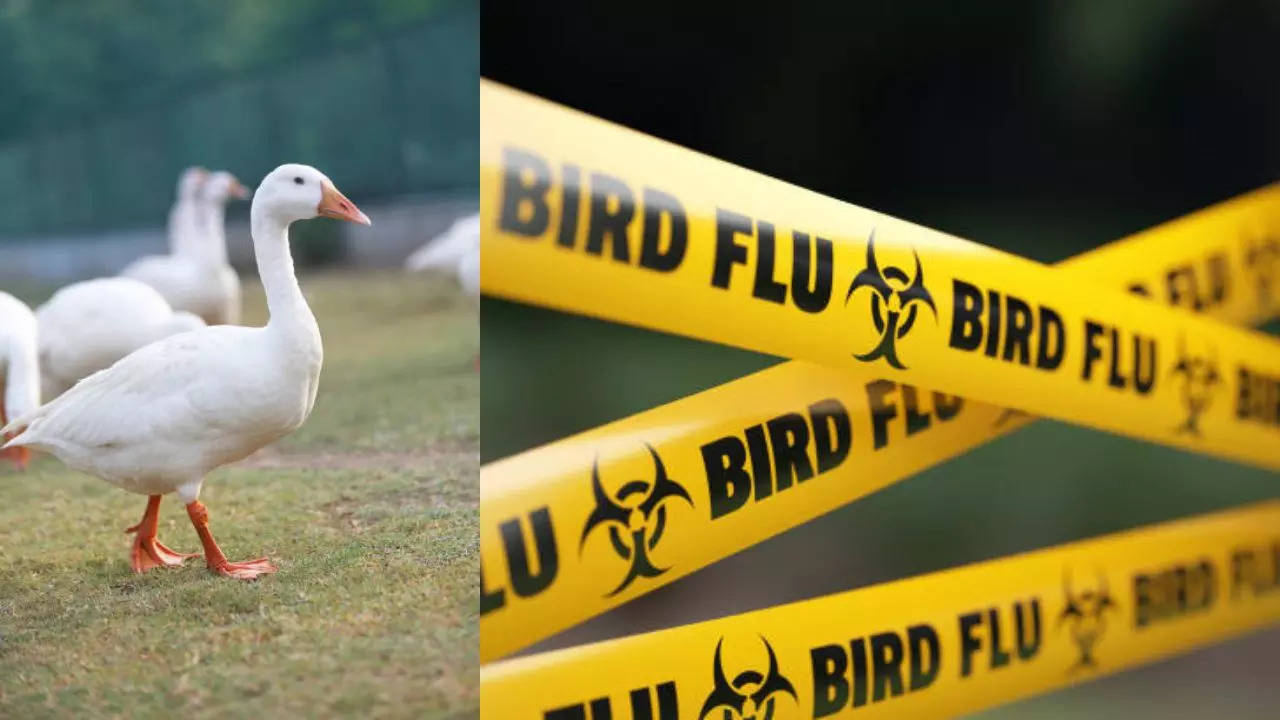
Cases of norovirus are surging across the US, with recent CDC data showing a sharp rise compared to this time last year. And so, doctors have suggested instead a few ways to prevent this highly infectious disease before you fall prey to it. According to Dr.
Brusce Hirsch, a New York-based infectious disease specialist, his norovirus survival pack has all the ingredients that can save you from getting the virus and falling sick. “Norovirus is super sneaky, and the best way to deal with it is not to get it in the first place,” he said in an interview with the Post. Dr.

Hirsch’s norovirus survival pack Dr. Hirsch advises skipping medications to prevent getting norovirus and falling sick. “What’s tricky about norovirus is that there are no medicines that help and there are no treatments apart from hydration,” he said.
“There’s nothing I would get from the pharmacy aisle in advance of an illness. “Some of the symptomatic treatments like Imodium and anti-nausea medicine like Zofran tend not to be emphasized because the symptoms are relatively brief,” he went on. “As awful as they are, they tend to clear up after one, two or so days.
” Drink electrolytes Dr. Hirsch says it is important to have electrolyte drinks, which are great for hydration. According to experts, electrolytes are extremely important as they help balance the amount of water in your body along with regulating your acid and base (pH) levels.
Eat easily digestible food Make sure to eat food that is easily digestible, as norovirus leads to extreme stomach upset, which causes diarrhoea and vomiting together. “Our ability to digest and take in foods during and immediately after a norovirus attack is diminished by the fact that the small intestine is inflamed and not working well, and the hardest thing to digest under those circumstances are fats,” said Dr. Hirsch.
According to Dr. Hirsch. Indulge in simple carbs like rice and pasta, without oil and butter, which are your best bets against catching the infection.
You can also include chicken and vegetable broths, fresh juices, and cereals in your daily meals. However, you must vary on taking dairy, as it can induce diarrhoea in some people who are lactose intolerant. Keep your bathroom clean Dr.
Hirsch also suggests keeping your environment, especially your bathroom, clean to start feeling better. Since norovirus spreads extremely fast, it is better to use bleach to clean the bathroom—and anything else you or the sick person came into contact with. Experts say mostly immunocompromised people—including the young and the elderly—shred viruses much longer, so you’ll want to clean up around them for an extended period of time.
What is norovirus? Also known as the “perfect human pathogen," norovirus is a kind of highly contagious stomach bug that causes severe vomiting and diarrhoea. According to experts, it spreads fast and far on surfaces and through the air in tiny droplets of vomit. While most people fully recover, but only after days of misery as the virus mutates, making people sicker every year.
Infection is the number one cause of foodborne illness in the United States. The first norovirus outbreak occurred in Norwalk, Ohio, in a school in 1968. For this reason, the first strain of norovirus was known as the Norwalk virus.
According to experts, norovirus outbreaks occur most often between November and April in countries above the equator and between April and September in countries below the equator. There’s usually no specific season for outbreaks in areas on the equator. Signs and symptoms of norovirus A few signs and symptoms of norovirus include: Nausea Vomiting DiarrhoeaStomachache Severe headache Body aches Symptoms usually appear 12 to 48 hours after exposure to the virus and last one to three days.
Symptoms of norovirus are usually the same in both children and adults. Adults may experience more diarrhoea than children and children may vomit more than adults. Get Latest News Live on Times Now along with Breaking News and Top Headlines from Health and around the world.
.














